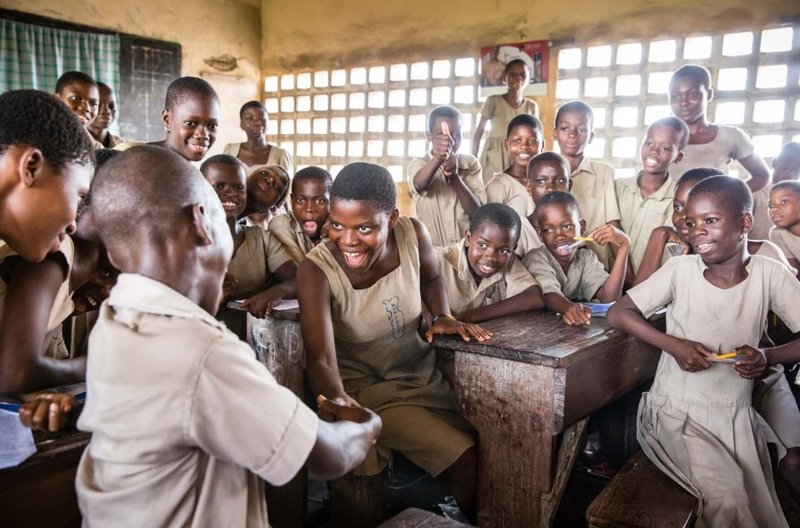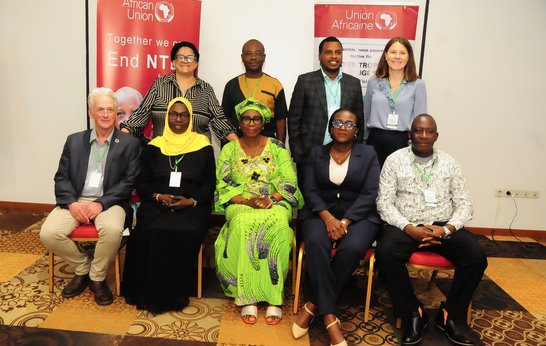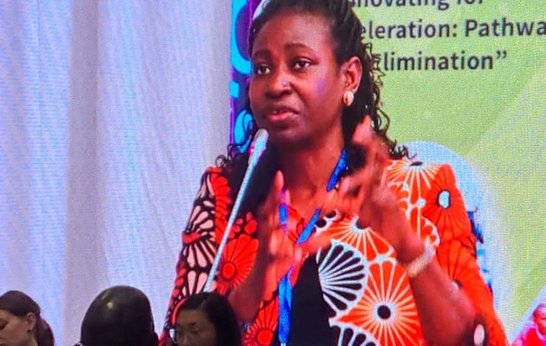
Photo Credit GSK Marcus Perkins
The global health financing landscape has recently undergone significant changes, characterised by declining Official Development Assistance (ODA) and increasing pressure on domestic health budgets. As traditional funding streams become less predictable, Ministers of Health and NTD programme managers must identify and access alternative, sustainable sources of financing to protect and advance the remarkable progress made toward NTD elimination.
One such sustainable source for financing is the World Bank’s International Development Association 21st replenishment cycle (IDA21), which can be leveraged for disease elimination, including NTDs.
What is IDA21?
The International Development Association (IDA) is the World Bank's fund for the poorest countries. It provides grants and low-interest loans for projects and programmes that boost economic growth, reduce poverty and create safer communities, with the aim of transforming lives. IDA focuses on development financing and cross-sector support in essential services, including health. This is the 21st replenishment of this funding, which runs from July 2025 to June 2028. Which is why now is the crucial time to act on it.
Why is IDA21 Important for Disease Elimination?
Diseases like NTDs can have devastating consequences. They can cause immense suffering, disability, and stigma, and they also severely impact productivity. They can prevent adults from working and children from attending school, perpetuating a cycle of poverty. So how does disease elimination fit within the IDA21 funding parameters:
- Disease elimination aligns with IDA's goals: By investing in disease elimination, IDA21 directly tackles poverty, promotes economic growth, and improves living conditions – all key aspects of IDA's mandate.
- Health is essential for development: As the SDGs recognise, sustainable development depends on equitable access to health. So IDA21, as a major source of assistance for the poorest countries, must address chronically underfunded health issues like NTDs.
- IDA has a strong track record in disease control: The World Bank already has a long history of supporting NTD control, recognising the crucial link between poverty and disease.
Additionally, investing in NTD elimination remains one of the best buys in global health. Every dollar invested in NTD programmes leverages approximately $26 worth of donated medicines from pharmaceutical partners.
The Opportunity of IDA21
Right now, we have an unique opportunity to achieve lasting change. Eliminating these diseases would have a transformative impact on health, equity, poverty reduction, and economic growth. With 2030 fast approaching and many SDGs off-track, IDA21 offers a chance to deliver measurable wins.
Uniting and partners are working hard to advocate for a dedicated funding stream for disease elimination within IDA21. This would enable countries to access the necessary resources to implement comprehensive elimination plans, including for NTDs.
Coming soon
With this essential opportunity and timeline in mind, Uniting is developing a webinar series in June to assist NTD programme managers in accessing this funding.
The webinar will provide participants with essential knowledge on how global health financing has shifted, the implications for NTD funding, and practical guidance on leveraging IDA21 to sustain and accelerate their disease elimination efforts. Participants will leave equipped with actionable knowledge - complete with application timelines, proposal requirements, strategic guidance, and key contacts - for securing predictable, multi-year support.
By fostering knowledge sharing, this session will demystify the IDA21 process, ensuring that NTD Programme Managers, Ministries of Health and Finance, and their partners can work in concert to make NTDs a sustained priority and demonstrate African leadership in financing the global fight against neglected tropical diseases.
More information to come.

